Shop closed: online orders only
NMN Clinical Trials and Results
The scientific world has banked lots of hope on recent NMN Clinical Trials and Results testing the molecule nicotinamide mononucleotide, or NMN, as a potential breakthrough for treating age-related diseases. Indeed, several previous studies have suggested that raising the levels of another related molecule, nicotinamide adenine dinucleotide (NAD+), in the body might have beneficial effects on physiology.
So this relatively new class of 'anti-aging' drugs was particularly exciting: do they work in humans? In human tests, NMN has shown decent bioavailability and good absorption into the body when given orally; it can also pass into brain tissue without being stopped by the blood-brain barrier. And most encouraging performance came from a 12-week test in which rather fragile aged Asian-faced volunteers were fed either a placebo or various amounts of oral NMN. This outcome suggests that NMN might be a viable solution to fight against sarcopenia, which is a condition characterized by muscle mass and strength loss that people typically experience with aging. The human body contains many proteins - special molecules - that allow it to function properly. Even slight changes in the expression of these 'good' proteins can lead to diseases. Sarcopenia is such a condition, and it affects millions of Americans whose bodies are partially replaced by prosthetics because they've lost so much muscle mass. But what if we could reverse that with medicine instead of exercise or physical therapy?
NMN Regulatory and Anti Aging Studies
The growing interest in its potential anti-aging benefits has regulatory bodies taking a closer look at NMN products. The FDA, for instance, has not approved NMN as a therapeutic agent and requires more research to show NMN's safety and efficacy. By comparison, Japan is more open to the idea of aging pre-molecules like NMN and allows Japanese consumers to access various types of supplements that contain it - and the market there is consistently growing. As you might expect, these kinds of differences in how different countries govern their health industries color how companies present information about their products.
And also raises concerns about the long-term safety and reliability of these dietary supplements. When you consider human clinical trials for anti-aging products, you are probably going to think in terms of textbooks that line library shelves. After all, such tomes contain the kind of information that makes physiology straightforward and easily understandable. But when a company says it has found a way to turn back the clock - specifically, by using NAD+ precursors in this case - shouldn't we expect more fact than fantasy? Even though the findings are preliminary, they are quite promising and have increased interest in NAD+ precursor research.
Studies with older adults have shown that giving them a supplement for half a year can substantially improve their overall physiology. In the study mentioned above, which involved 10 older adults, scientists found that the 'health markers' of those participants noticeably improved over the six months they were given the supplement. The directly measured change was 30 to 40 percent; how far we can stretch that span of health holds great potential for many more so-called 'youngish' diseases (cancer, diabetes, etc.) being reversed.
The scientific community is understanding more and more about what NMN might be able to do, and that will help the regulatory authorities in making informed decisions regarding the guidelines for NMN. And so, we move forward. But let's not get ahead of ourselves.
What could happen in the next few years if things go according to plan? Well, as NMN Regulatory and Anti Aging Studies continue to evolve - it affects NAD+ metabolism and how NAD+ affects cellular processes - we should gain a clearer picture of what kind of benefits (if any) NMN might confer when used as an investigational therapeutic agent.
With more reliable and effective products on the market, backed by scientific evidence, we can expect to see real results in the way NMN supplements help people retain youth and fight age-related diseases.
Disclaimer
This content was created from a variety of sources. We try to check it is accurate, but we can not verify it so you really shoukd do your research before purchasing any products from us. See: Terms and Conditions


